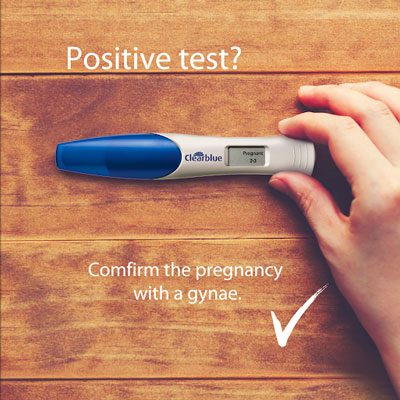Wondering if you are pregnant? Early signs of pregnancy appear in the first few weeks of conception for some ladies! For ladies who are guessing if you’re pregnant, Dr Watt Wing Fong, who has a special interest in providing antenatal care for pregnant ladies, shares about the first signs of pregnancy and when should you do a pregnancy test. Find out more about what to expect at your first pregnancy checkup at the gynae too!
First Signs of Pregnancy
One of the first signs that you may be pregnant is when you miss your period. Sometimes, you will experience cramps and there may be a bit of vaginal spotting, but you will not get menses. Other symptoms that you may experience include:
- Breast discomfort
- Fatigue
- Nausea
When Should You Check For Pregnancy
If your menstrual cycle is regular, you can do a home pregnancy test when your menses is late by about a week. You can easily get a urine pregnancy test from the pharmacist.
If your menstrual cycle is irregular, you can still do a urine pregnancy test if you feel that you could be pregnant.
When Should You See a Gynae
If your pregnancy test is positive, it is recommended that you should wait for one more week before you book an appointment with your gynae. This is because, if you see your gynae too early, an ultrasound scan might not show the pregnancy yet.
However, if you experience abnormal symptoms such as pain or spotting after testing positive then you should see your doctor as soon as possible.
What to Expect During Your First Pregnancy Confirmation Check
When you go for your first check-up, your gynae will usually perform an ultrasound scan to detect the pregnancy. If the pregnancy sac cannot be seen on the ultrasound scan, the gynae would do some blood tests to measure the pregnancy hormone level. Once your pregnancy is confirmed, your gynae will advise you about the antenatal care you would need too.
If you found out that you are pregnant recently, congratulations! Do enjoy the rest of your pregnancy. Baby dust to ladies trying to get pregnant!
For ladies whose pregnancy test is negative, read more on:
Dr Watt’s Place of Practice





